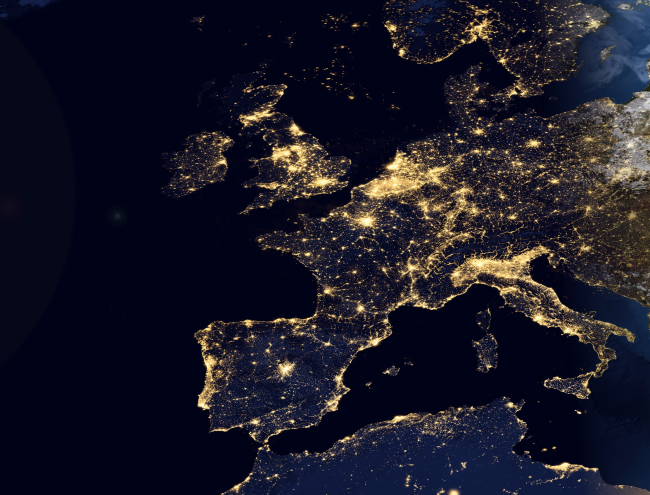Japan's Nuclear Crisis: A Time for Support

These are terrifying moments. No one could ever have imagined that the Japanese nuclear sector could fall victim to such a seismic event.
No country has spent more time building safeguards against seismic events than the Japanese who live at the confluence of three tectonic plates directly over the Pacific ring of fire. Yet, while no one can contest that the natural disaster that struck Japan was unprecedented, here we are with a very dangerous situation in Fukushima and it isn’t over yet. As the world observes from a distance, it needs to maintain the same sang-froid as the Japanese people who are living these events and support those who seek to cool the overheating reactors. Already the world knows that the firefighters seeking to cool the reactors are very likely sacrificing their lives.
Now is not the time to make quick judgments about the future of nuclear power or draw comparisons about whether such an event could happen in our country or how we would handle such an event differently. Nor to claim that our reactors are more modern than those in crisis in Japan - we all have operational reactors from multiple generations. Now is the time to watch attentively and learn. What went wrong? What went right? What are the challenges in communicating with the public and the world? How can authorities translate the unstructured evolution of such an event into public messaging that is timely, transparent, and informative and that can help citizens weight appropriately their individual options? What other lessons can we learn?
Thirteen percent of the world’s electricity is generated by nuclear power and another over 60 reactors are under construction. Nuclear power is important to our electricity supply now and will be for some decades to come. It is not a question of ‘whether" nuclear power so much as ‘how" nuclear power and over time ‘how much" nuclear power. Populations around the world will look to their authorities for assurances that nuclear power can continue to fulfill its role safely.
Our energy options are already limited and the challenge of providing clean, reliable, affordable energy to our populations is not getting any easier. As another 2 or 3 billion people on earth seek greater comfort and the benefits of modern energy services over the next years, we need to assure that our choices of energy will be sustainable not just in 2050 or the next century but in the transition between now and then. There are no easy answers.

Available in:
Regions and themes
Share
Related centers and programs
Discover our other research centers and programsFind out more
Discover all our analysesBrazil One Year Away from the October 2026 General Elections
Brazil’s general elections will be held on October 4, 2026, to elect the president, vice-president, members of the National Congress, governors, deputy governors and state legislative assemblies. For the presidential and gubernatorial elections, a second round will be held on October 25 if no candidate obtains a majority of the votes in the first round.
COP30: An Inflection Point for Climate Action and Governance
The 30th Conference of the Parties (COP30), opening in Belém, Brazil, on November 10th 2025, convenes at a perilous moment.
The Strategic Dimension of Skills in the Clean Industrial Deal
In the competitiveness and energy transition battles, the European Union (EU) must master a determinant factor: skills.
The Energy Transition Faces Geopolitical Challenges. How Can Ideological Divides Be Overcome?
President Trump’s positions and policies, combined with record coal consumption and booming global electricity demand, geo-economic confrontation, and widespread concerns about energy security, are changing the game when it comes to understanding realistic decarbonization trajectories. The war in Europe is intensifying competition between defense and transition budgets. This is also the case elsewhere in the world.












